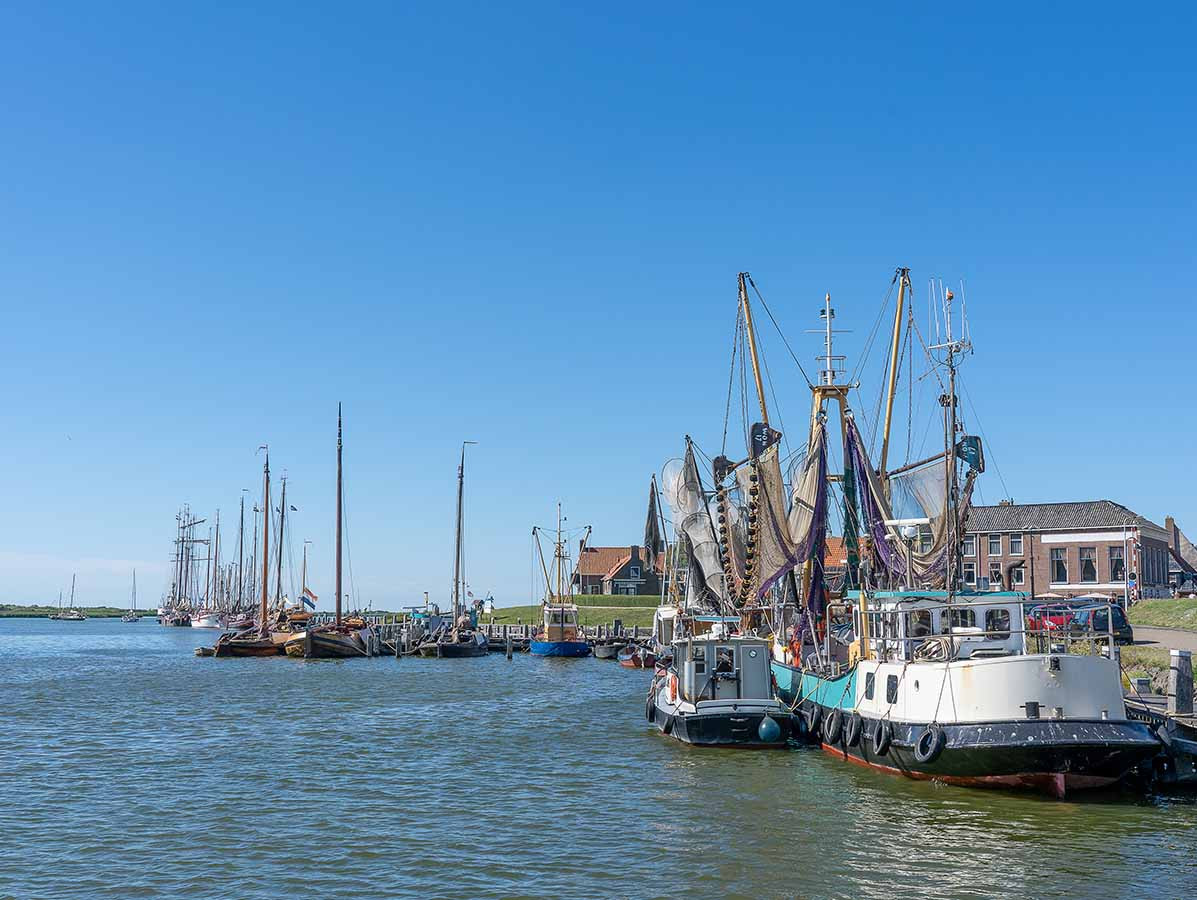
Minister Piet Adema of Agriculture, Nature, and Food Quality (LNV) has recently taken a significant step in supporting the Dutch fishing sector. He has approved the Fisheries Development Plan (VOP), a collaborative initiative involving five fishing regions. This plan offers not only a future perspective for chain businesses onshore but also for fishing communities.
The VOP includes a series of innovative project proposals. Ranging from a shrimp innovation center to converting fish waste into high-quality food, the plan focuses on renewal within the sector. The goal is to invest €80 million in these projects by 2030, with Minister Adema committing €30 million and the regions financing the remainder.
The five participating regions – Urk, Southwest Netherlands, North Holland's Head, Holland's Herring Coast, and Northern Netherlands – are taking on a significant portion of the funding. They are expected to start implementing the plans after the summer. The proposals are currently being further developed and checked for compliance with European funding regulations. The final plans will be recorded in a covenant between the LNV and the regions.
Minister Adema emphasizes the importance of the plan for communities dependent on fishing. The VOP aligns with the broader Vision of Food from the Sea and Larger Waters, aimed at a sustainable and economically healthy future for the North Sea fishery. This vision includes a smaller, more flexible fleet that adapts to changing sea conditions. This will impact the supply of traditional fish species and offer new opportunities for others.
The regional plans include the development of marketplaces for future fisheries, innovations in fish processing, and the preservation of cultural heritage. For instance, there is investment in valorizing fish waste and developing new techniques for catching and peeling shrimp in Harlingen. At the same time, there is a focus on preserving the identity of fishing communities, with initiatives such as the expansion of fishing museums and promoting tourist activities.
This ambitious plan demonstrates a clear commitment from the Dutch government and the involved regions to the future of the fishing sector. It underscores the importance of innovation, sustainability, and preserving cultural values within Dutch fishing communities.
Source: Rijksoverheid